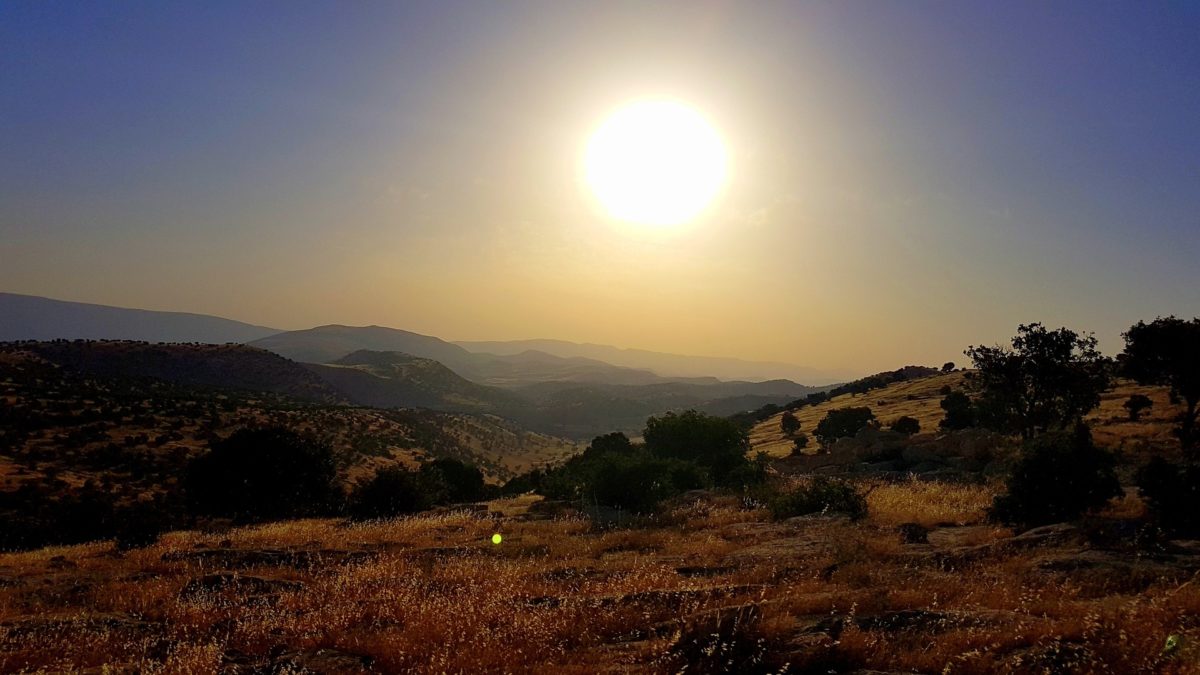The United Nations Development Programme (UNDP) has signed a letter of agreement with the Governorate of Duhok, in Iraqi Kurdistan, to build a 2 MW pilot solar plant.
The project, which is being developed under the Duhok Sustainable Energy Action Plan (SEAP), is part of the governatorate’s plan to deploy around 40 MW of renewable energy power generation capacity by 2030.
According to the UNDP, the Duhok region is currently being power by around 1,000 generators relying on fossil fuels and is suffering from chronic electricity shortages. “Establishing a solar park will stimulate the economy through private sector investments, create more jobs in green economy, and above all reduce pollution,” said UNDP representative in Iraq, Zena Ali-Ahmad.
The European Union has agreed to finance the project with $2 million, the UNDP specified.
The semi-autonomous Kurdistan Region of Iraq (KRI) is one of the country’s more vulnerable areas in terms of energy security, although several gas and oil fields are present in the area.
Iraq began taking its first steps into solar energy in January 2019, when the United Nations Development Program (UNDP) started a search for consultants to help draw up a national PV policy. Later in May, Iraq’s Ministry of Electricity began procurement of seven PV power projects with a combined capacity of 755 MW.
According to the latest statistics from the International Renewable Energy Agency, the country had only 37 MW of installed solar power at the end of 2018.
This content is protected by copyright and may not be reused. If you want to cooperate with us and would like to reuse some of our content, please contact: editors@pv-magazine.com.




By submitting this form you agree to pv magazine using your data for the purposes of publishing your comment.
Your personal data will only be disclosed or otherwise transmitted to third parties for the purposes of spam filtering or if this is necessary for technical maintenance of the website. Any other transfer to third parties will not take place unless this is justified on the basis of applicable data protection regulations or if pv magazine is legally obliged to do so.
You may revoke this consent at any time with effect for the future, in which case your personal data will be deleted immediately. Otherwise, your data will be deleted if pv magazine has processed your request or the purpose of data storage is fulfilled.
Further information on data privacy can be found in our Data Protection Policy.